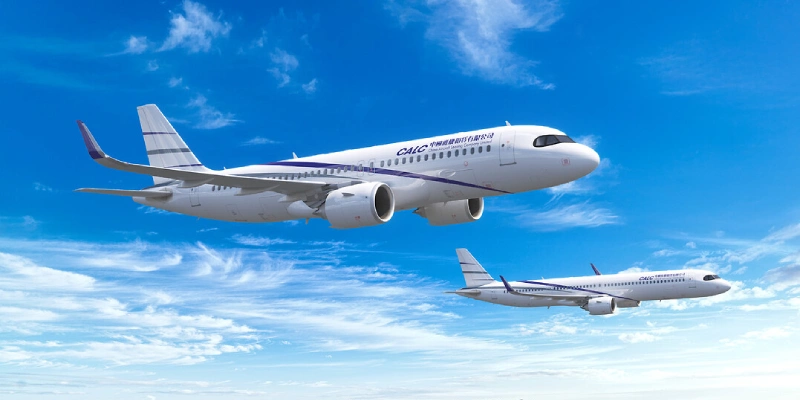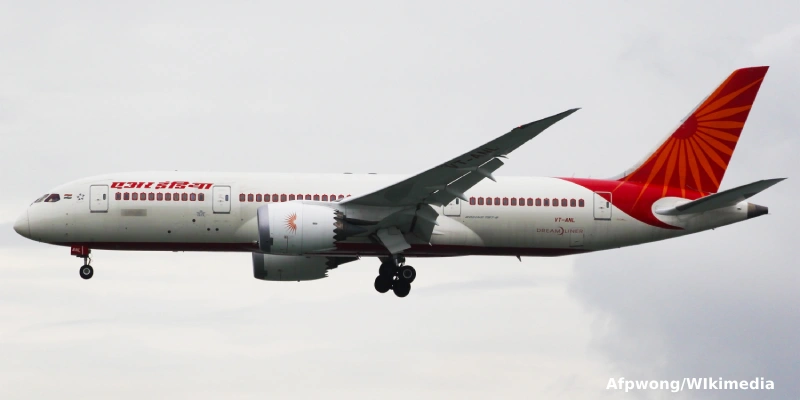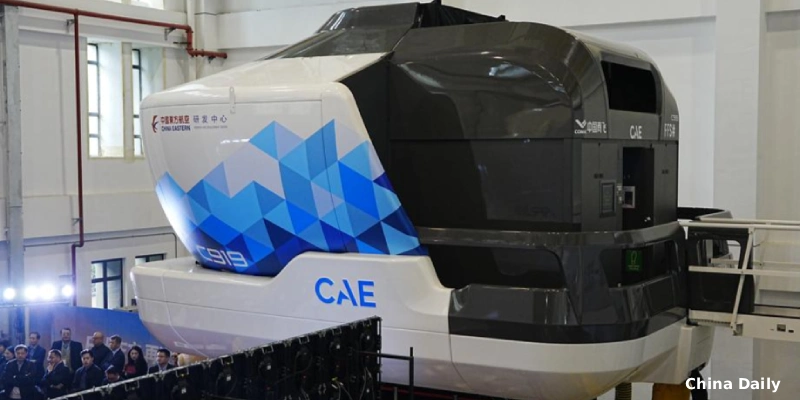With a call to accelerate efforts to generate the necessary conditions for a more sustainable commercial aviation, the CEO of LATAM Airlines Group, Roberto Alvo, made public the group’s aspiration to incorporate sustainable aviation fuel (SAF) in its operation, favoring production generated in South America. This is part of the group’s sustainability strategy, which seeks carbon neutral growth, to neutralize 50% of domestic emissions by 2030 and to achieve carbon neutrality by 2050.
→ LATAM makes progress and will be able to begin voting on its Reorganization Plan.
“South America has the potential to be a world leader in the production of sustainable fuels and thereby make a very significant contribution to climate action. For this to happen, it requires public and private actors, such as LATAM, to collaborate and play their role and dare to lead the energy transition that the world requires. With this announcement, the group is giving a clear signal to the market of the real interest in buying SAF fuels in the region, said Roberto Alvo, CEO of LATAM Airlines Group at the “Wings of Change” event, organized by the International Air Transport Association (IATA) on April 6 and 7 in Santiago, Chile.
The executive highlighted the potential for the development of PAS in the region due to the natural resources available and its wealth of renewable energies. However, it is currently an immature market with little supply, which does not yet have the enabling conditions to develop its potential in the region, including specific regulatory schemes, promotion of technology and innovation, support for production and logistics chain, mechanisms to lower costs, among other factors.
Currently, the high production costs and the immaturity of the market pose great challenges for the massification of the use of this type of fuel. In this sense, LATAM’s CEO called on government authorities, private companies, academia and other airlines to collaborate in this matter, to generate incentives to expand the production, use and massification of SAF in South America as a way to find solutions to the climate emergency.
What is the SAF?
It is a non-conventional type of fuel, produced from renewable raw materials or derived from waste that meet sustainability criteria. The variety of raw materials is wide and can be cooking oils, fats, fats, municipal waste and agricultural waste, among others. In addition, there are other alternatives such as green hydrogen that can also be used to produce PBS, although for the moment it is not commercially viable for this purpose due to its high cost and low production volume.
→ LATAM passengers will be able to check their health documents via Whatsapp.
According to IATA data, PAS offers a reduction in emissions of up to 80% compared to traditional fuels, and is the most immediate tool to contribute to sustainable mass transportation.
South America has unsurpassed conditions in terms of availability of resources and sustainable raw materials to develop this type of sustainable fuel. For example, according to WWF data, Brazil has the potential to produce up to 9 billion liters of FFS from different sources such as agricultural and wood industry waste, and by 2030 the world supply will be 6.5 billion gallons, of which 2.3 billion gallons (35%) will come from this market.
In the long term, it is also expected to be able to propel aircraft using green hydrogen as a direct energy source; however, this technology is still under development and will require modifications to existing aircraft.
LATAM and its sustainability strategy
In May 2021, the LATAM group presented its sustainability strategy based on three fronts: Climate Change, Circular Economy and Shared Value, where it highlights its commitment to the protection of South America’s strategic ecosystems so as to be a zero waste to landfill group by 2027, in addition to offsetting 50% of domestic emissions by 2030 and achieving carbon neutrality by 2050.
The strategy’s lines of action were designed collaboratively with environmental experts and organizations throughout the region.
Related Topics
China Aircraft Leasing Expands Fleet with New Order for 30 Airbus A320neo Jets
Air India to Resume Direct Flights Between Delhi and Rome Starting March 2026
Pakistan Advances Privatization of PIA After Intense Bidding for 75% of Airline
China Eastern Becomes World’s First Airline to Receive a C919 Simulator

Plataforma Informativa de Aviación Comercial con 13 años de trayectoria.




